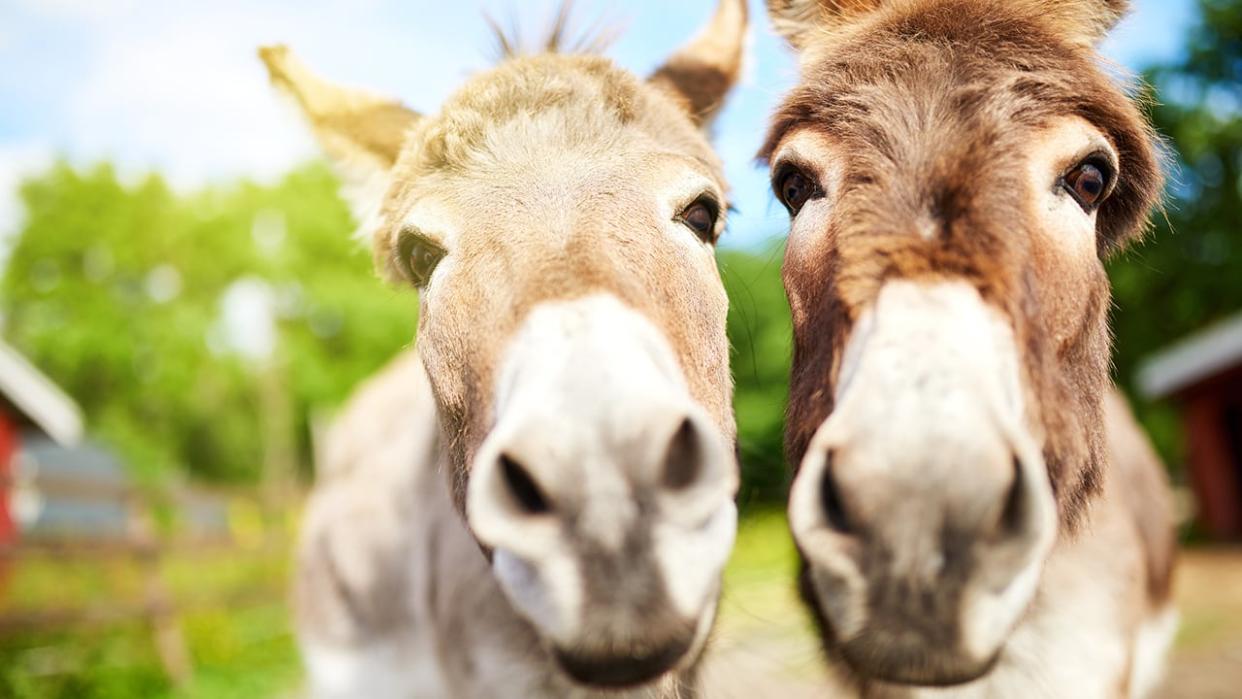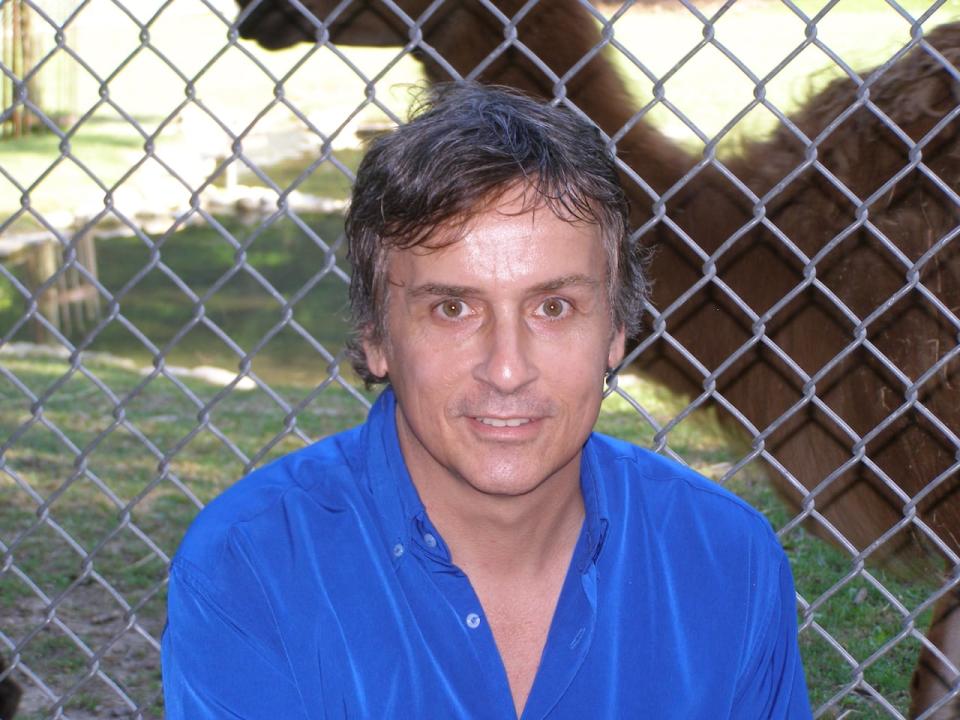Eby Farmstead's future in Waterloo Park being considered by councillors at Monday meeting

Waterloo city councillors will discuss a report on the future of the Eby Farmstead in Waterloo Park at their meeting on Monday.
The report — prepared by city staff — seeks authorization from council to advance community engagement and for staff to conduct additional research on live animal displays and explore feasible alternative options for the farmstead space.
The goal is to bring a recommendation to council on the future of live animal displays at the farmstead prior to the 2025 Waterloo Park Plan (WPP) update.
Waterloo Mayor Dorothy McCabe says having this direction from council in advance will aid the work to be done on the 2025 WPP update.
"Because the Eby Farmstead is such a big part of the park and, you know, holds lots of great memories for people … we obviously need to include that as part of the consultation," McCabe said.
"But we didn't want what happens with Eby Farmstead to kind of overtake the broader consultations on the park. So, the question then for council on Monday is, and the staff recommendation is, let's do the consultation on Eby Farmstead first, and then we'll know going into the broader consultations about Waterloo Park, what that land there is going to be used for. Is it going to continue to be a farmstead or is it going to be repurposed for some other use?"
Opportunity for the public to weigh in
McCabe said Eby Farmstead occupies 2.1 acres, or nearly 8,500 square metres, of the park and is very different from the other activities in the park.
The farmstead is home to a variety of animals, including llamas, alpaca, donkeys and miniature horses.
The mayor said authorizing the community engagement would give members of the public an opportunity to share what they envision for the area — whether to continue to keep it as a farmstead or repurpose it for some other park-like activities.
The mayor said people have expressed concern about the welfare of the animals, given the open access to the public and people interacting with them, and the noise from the LRT which operates between 5 a.m. to 12:30 a.m.
Three co-op students have been hired by the council to care for the animals during the warmer months, and they are moved to an alternative location during the winter, the mayor says.
Several concerns with Eby Farmstead
Rob Laidlaw, the director of animal rights organization Zoocheck, said the council deliberations regarding the future of Eby Farmstead are not surprising.
"For a number of years, municipalities with longstanding animal exhibits, housing either domesticated livestock, wildlife or both, have gradually been divesting themselves of these kinds of operations," Laidlaw told CBC News.
"The reasons are many, but include rising costs, increasingly strained municipal budgets and greater public concern about animal welfare. These days the investment required and the potentially problematic issues that may be generated by animal exhibits, often make them viewed as not worth the trouble."

Rob Laidlaw is the director of animal rights organization Zoocheck. (Submitted by Rob Laidlaw)
Animal Alliance of Canada — a non-profit organization committed to the protection of all animals — says it's thankful that council is considering reimagining this space.
"It's clear from [the] council meeting report that there are several concerns with the existing conditions of Eby Farmstead," CEO Lia Laskaris wrote in an email to CBC News.
"Unless council is prepared to invest considerable funds to make the necessary changes, namely a secondary perimeter fence and restricting public access to hours when staff are present, we recommend turning the remaining 1.18 acres into an animal-free space for the community."
Laskaris said municipally-owned farms could serve a useful purpose to the community but only under very particular circumstances, which aren't currently being met at Eby Farmstead.
"These animals need considerable space in order to exhibit their natural behaviours. If we're not prepared to give these captive animals that minimal consideration, this location should be closed permanently," Laskaris said.

